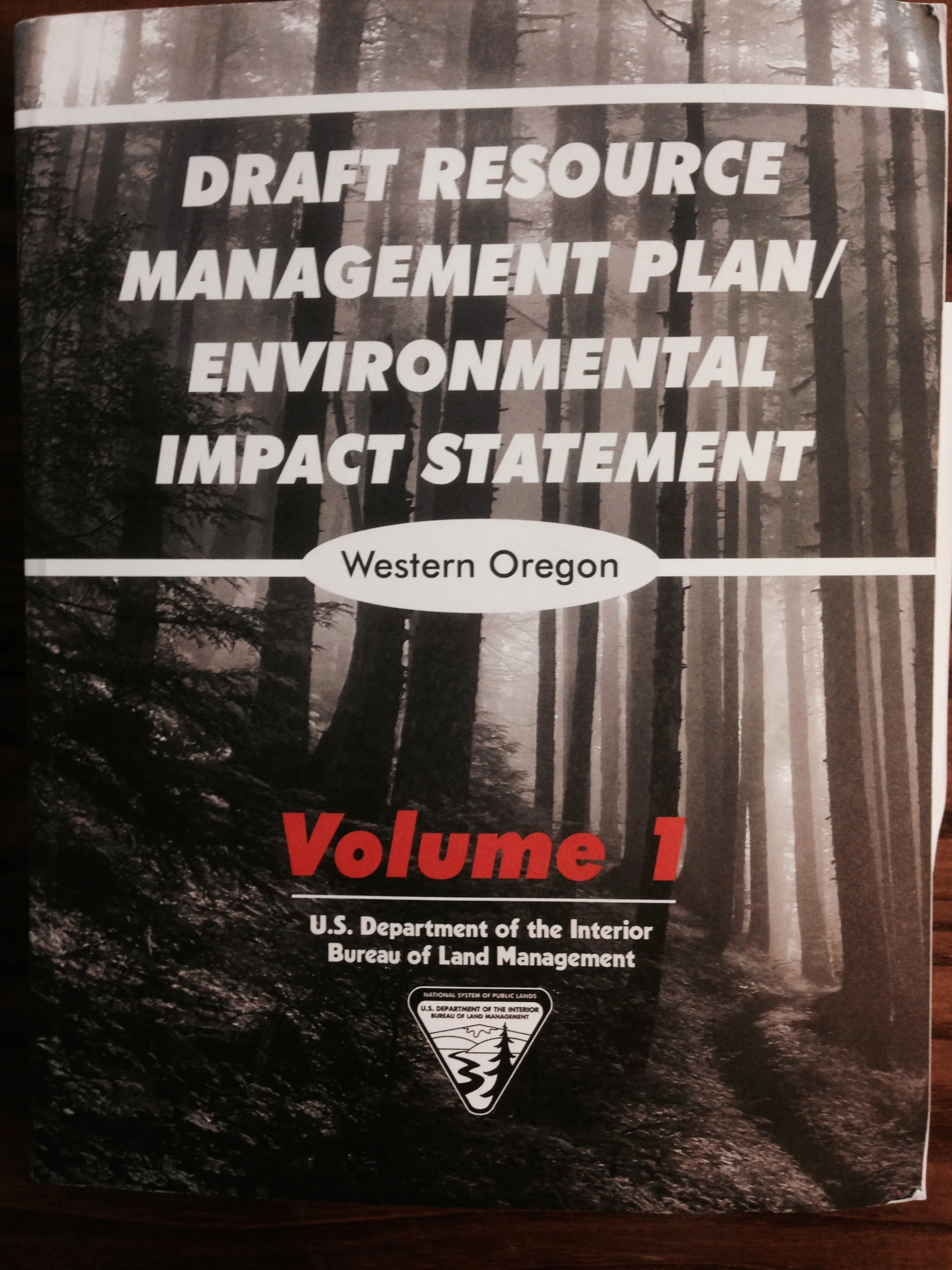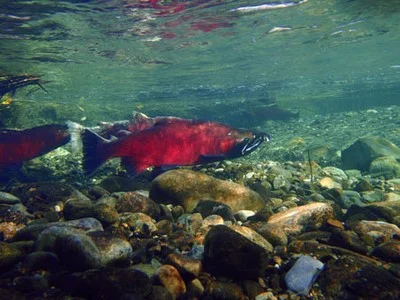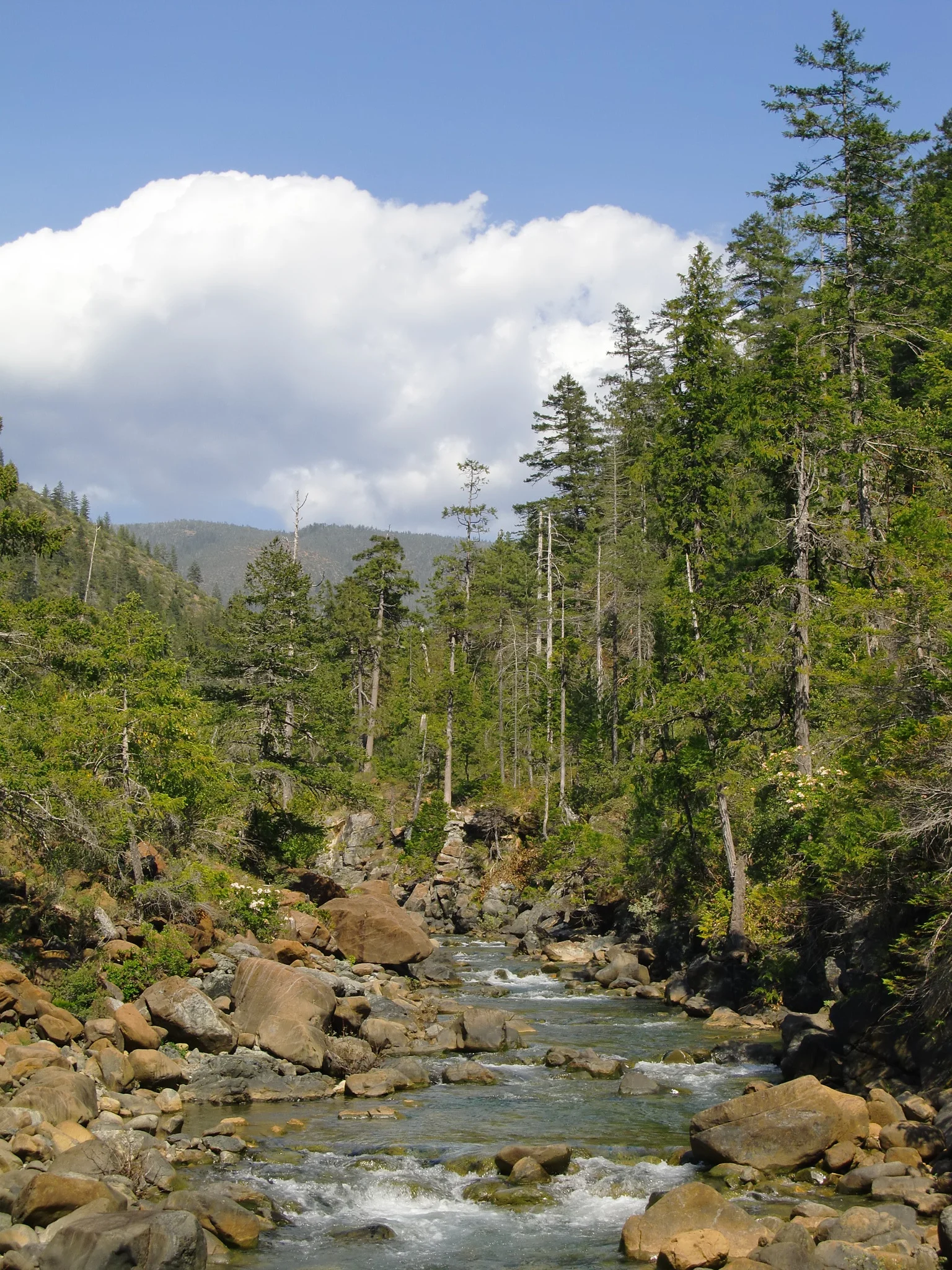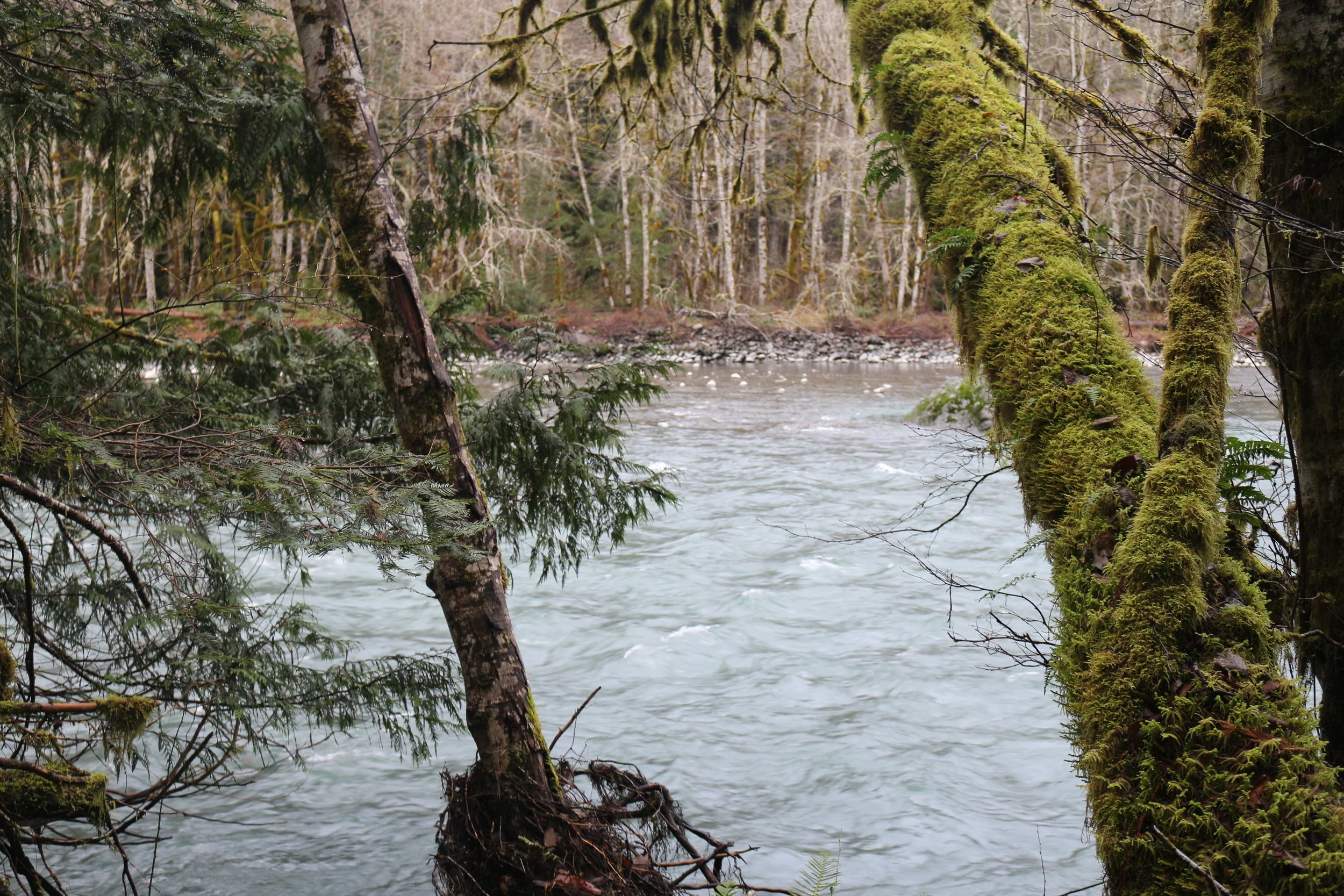Despite a 2017 ruling by the Obama Administration to put a 20-year moratorium on mining in the headwaters of the North Fork Smith River and Illinois River, a new mining company has emerged with plans to mine for nickel in the Baldface Creek watershed. Read more about KS Wild’s work protecting this region from mining here.
Read MoreOur Climate Director, Joseph, writes a touching blog about his longtime friend, Diarmuid, a true beaver believer.
Read MoreIncreasingly timber interests, conservationists including KS Wild, scientists and federal land management agencies are coming together to focus logging activities on thinning previously logged plantations and in fire-evolved forest stands in which fire suppression has resulted in encroachment by less resilient off-site conifers.
Read MoreUnlike most of North America, we are extremely fortunate to live in a region in which five major wildland complexes have thusfar survived the pressures from logging, mining and road construction. It is our job and responsibility to protect these special places for the those who come after us and for their intrinsic value.
Read MoreOn August 5, the Bureau of Land Management (BLM) signed a management plan for western Oregon, largely ignoring a formal protest from 22 conservation and fishing groups. The BLM plan eliminates protections for streamside forests, increases clearcutting in wet forests, and removes 2.6 million acres of federally managed public forests from the 1994 Northwest Forest Plan
Read MoreWe are celebrating the recent victory to protect some of our most prized rivers from proposed industrial strip mining for a period of 20 years. We are hopeful that this victory will stand, even in the Trump administration.
Read MoreToday, the backyard forests of the Applegate are primarily managed by the BLM. The guiding document for the future of these public lands is the Resource Management Plan (RMP), which includes all aspects of land management ranging from restoration objectives, to fire prevention measures and logging plans.
Read Morehe Oregon Department of Forestry (ODF) has failed to protect the clear, cold streams and fish in our region by excluding them in their decision to expand stream buffers for Western Oregon’s forests. ODF granted limited protections for streams to the north but left out almost the entirety of the Siskiyou region (essentially the Rogue Basin) in their policy decision.
Read MoreRetaining trees in streamside areas is incredibly important to keeping streams cool and water clean. A healthy riparian buffer where logging is limited adjacent to streams serves a number of important functions. The shade from trees prevents the water from getting warmer, something that will be more and more important in the face of climate change.
Read MoreRogue Riverkeeper has monitored local streams for fecal bacteria, turbidity, pH, temperature, and conductivity with a number of great partners throughout our region. Our past efforts have documented steadily declining water quality throughout the Little Butte Creek watershed, improving water quality on Evans Creek, and highlighted the source of pollution on Ashland Creek so that steps could be taken to improve the situation.
Read More








